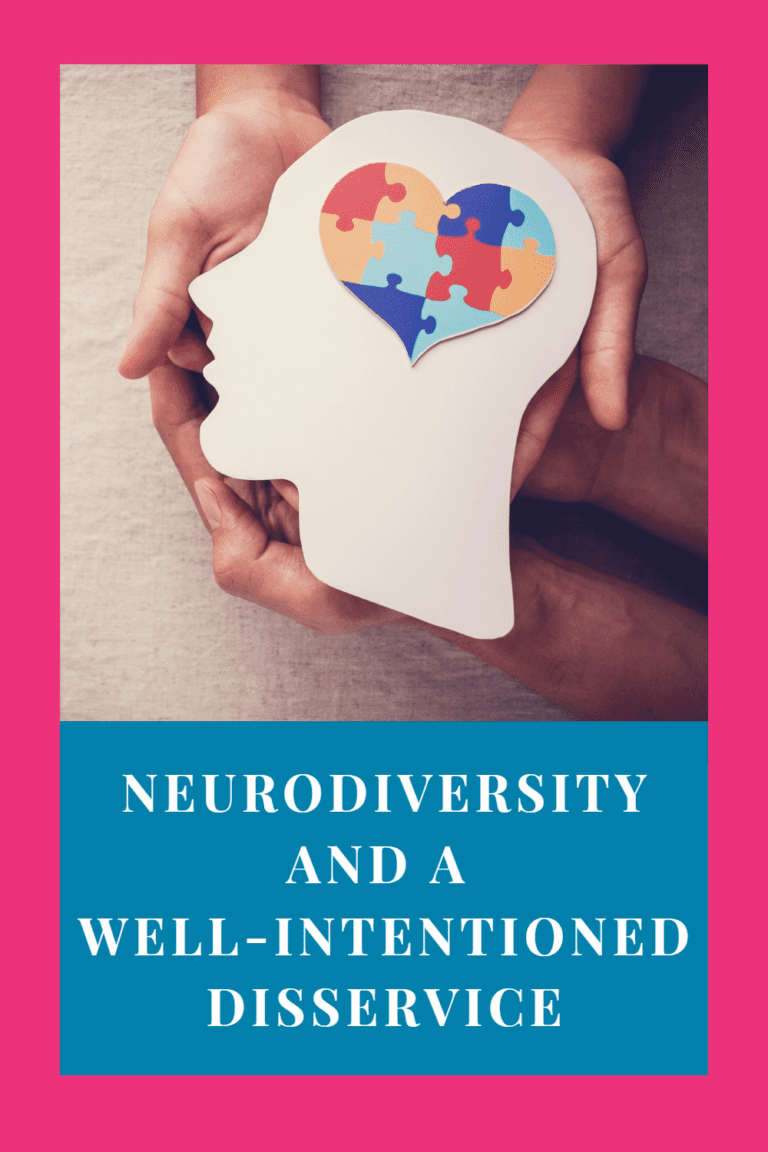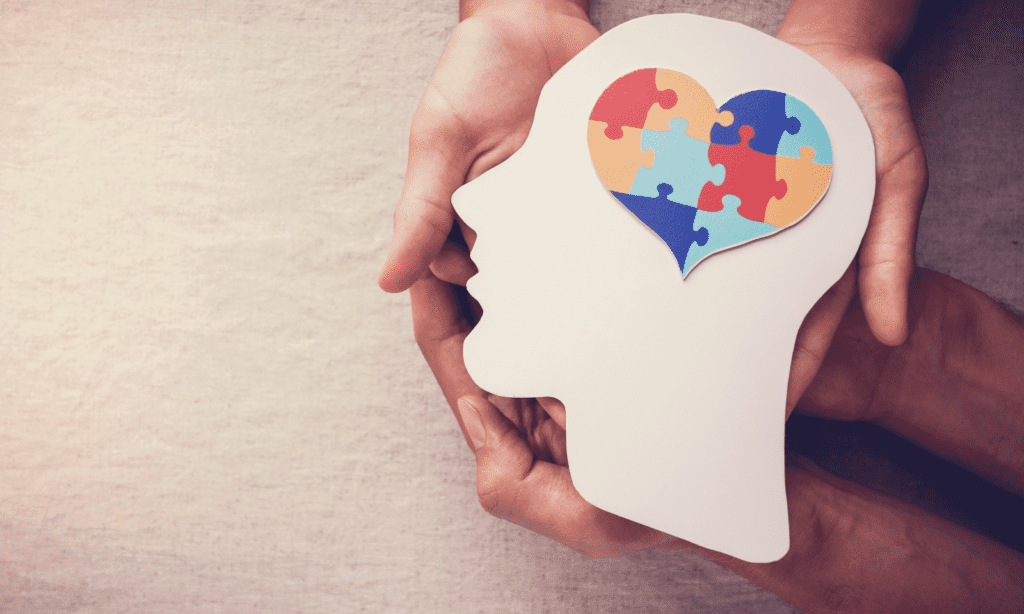Got a neurodivergent child?
I know as a parent your biggest fear is:
- Their self-worth and how being uniquely-wired will affect their social life and ability to connect with others.
- If your child will be able to function independently as an adult.
So I’m going to rock the boat a little (or maybe a lot) to offer you some peace of mind and sanity.
Because there’s something that comes up A LOT in my line of work and that is what neurodivergent means.
It creates so much debate, hurt feelings and downright hostility – that is absolutely NOT necessary.
In the last several years we’ve heard the terms ‘autism acceptance’ and ‘acceptance of neurodiversity’.
… and this is when certain people misinterpret what acceptance means.
They think practitioners like myself are discriminatory towards neurodivergent children because we’re trying to optimise a child’s quality of life.
If you have a uniquely wired child – you need to celebrate that!
These kids absolutely have brains that work differently and it’s those different brains that have created the superpowers they have.
They have so much to offer the world.
But there is a dark side to the ‘acceptance’ community when parents are told there’s nothing they can do for their child
…and to intervene would mean they’re not accepting their child for who they are.
I’ve seen parents who are shamed for doing gut healing or brain exercises because that apparently implies they’re rejecting who their child is.
They’re told “your child doesn’t need to be fixed. Stop trying to make them like everyone else.”
And “You’re abelist.” (Discrimination against those with disabilities).
Look. Whether you’re neurotypical or neurodivergent – we ALL have work to do.
Neurodivergent does NOT mean your child can’t improve, optimize or overcome.
… and to deny or romanticize the very real struggles of neurodivergent children and that of their families is also a total minimization of the challenges and even trauma that so many families are living with.
Struggle and suffering should never be a part of anyone’s identity.
Honouring the unique wiring of neuro-diverse individuals is major step-forward in our society when we consider the discrimination and abuse that these people suffered only decades ago.
But minimizing and romanticizing neurodivergent challenges does a disservice to these individuals and their families.
Parents of children with a chronic disability are at a much higher risk of PTSD because of caretaker burnout and the chronic anxiety of caring for a high needs child.
Let’s not romanticise that lived experience because when we do we further isolate and silence struggling parents.
… and then there’s the fact that many uniquely-wired children are frustrated with their social and academic limitations, the sensory overwhelm they experience on the daily and that many of them are living in physical pain because of things like gut issues (ASD individuals are 47% more likely to have Crohn’s and 94% more likely to have colitis) and neuro-inflammation.
As a mom of a child who has recovered from the nightmare of PANDAS/PANS, both my child and I are grateful for all the interventions and practitioners who made it possible for my child to thrive.
Accepting needless suffering would have been cruel, not kind.
You see – we can honour the unique wiring of a neurodivergent child while also acknowledging:
- Many of these kids are struggling and are outright suffering – especially low functioning ASD kids.
- Acceptance does not mean accepting suffering when solutions are available for these kids to overcome their challenges.
- The research that these kids often have significantly altered gut bacteria, high levels of toxicity, food sensitivities as well as underdeveloped neural connections and a poor timing mechanism in the brain – and when addressed make significant gains.
The bottom line is let’s not normalise or romanticise suffering. You can accept your child is uniquely-wired AND access interventions to help them become the best version of themselves.
Let’s share the beauty and struggles of neurodiversity. Share one of your child’s superpowers and one of their struggles.


